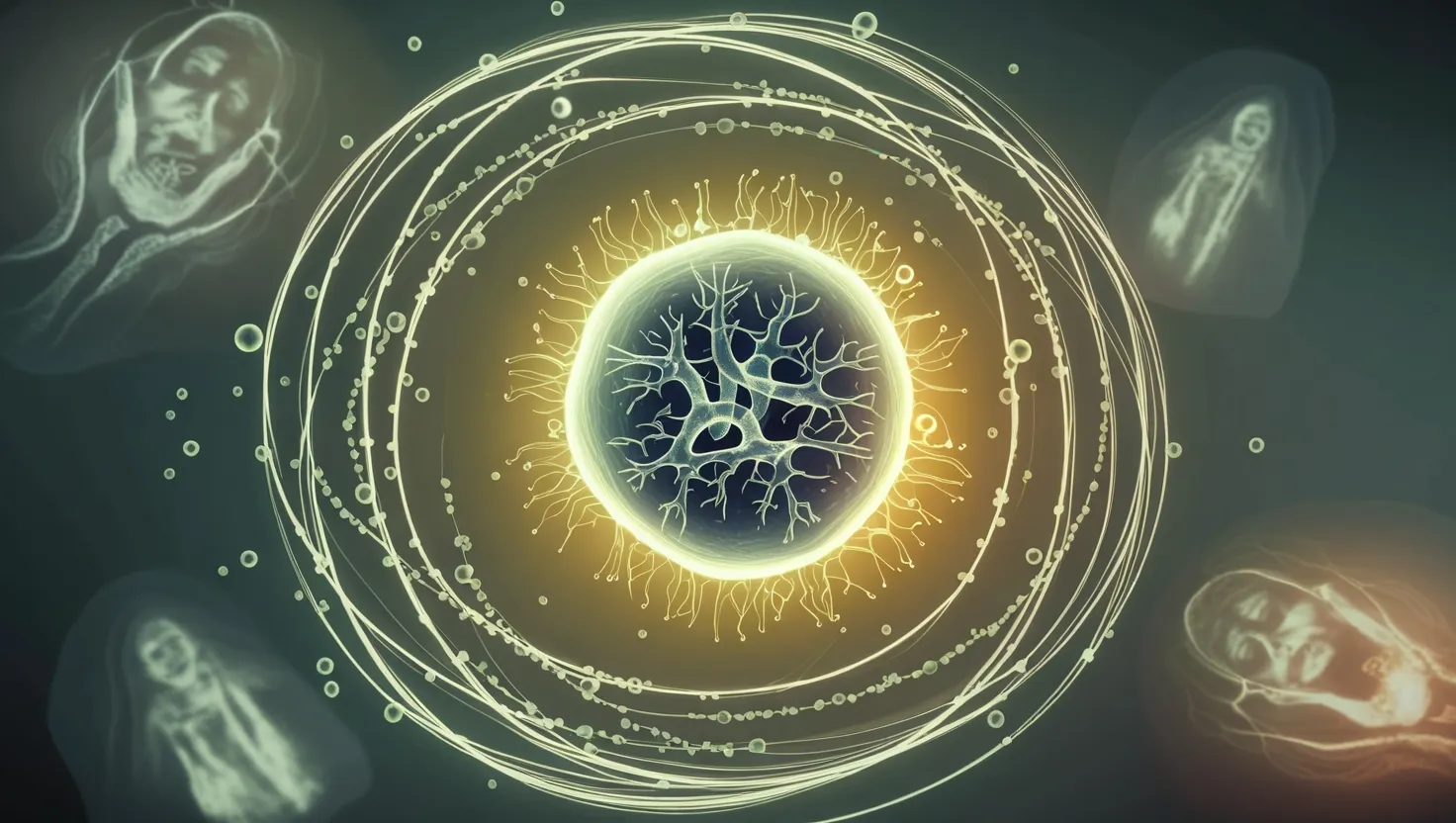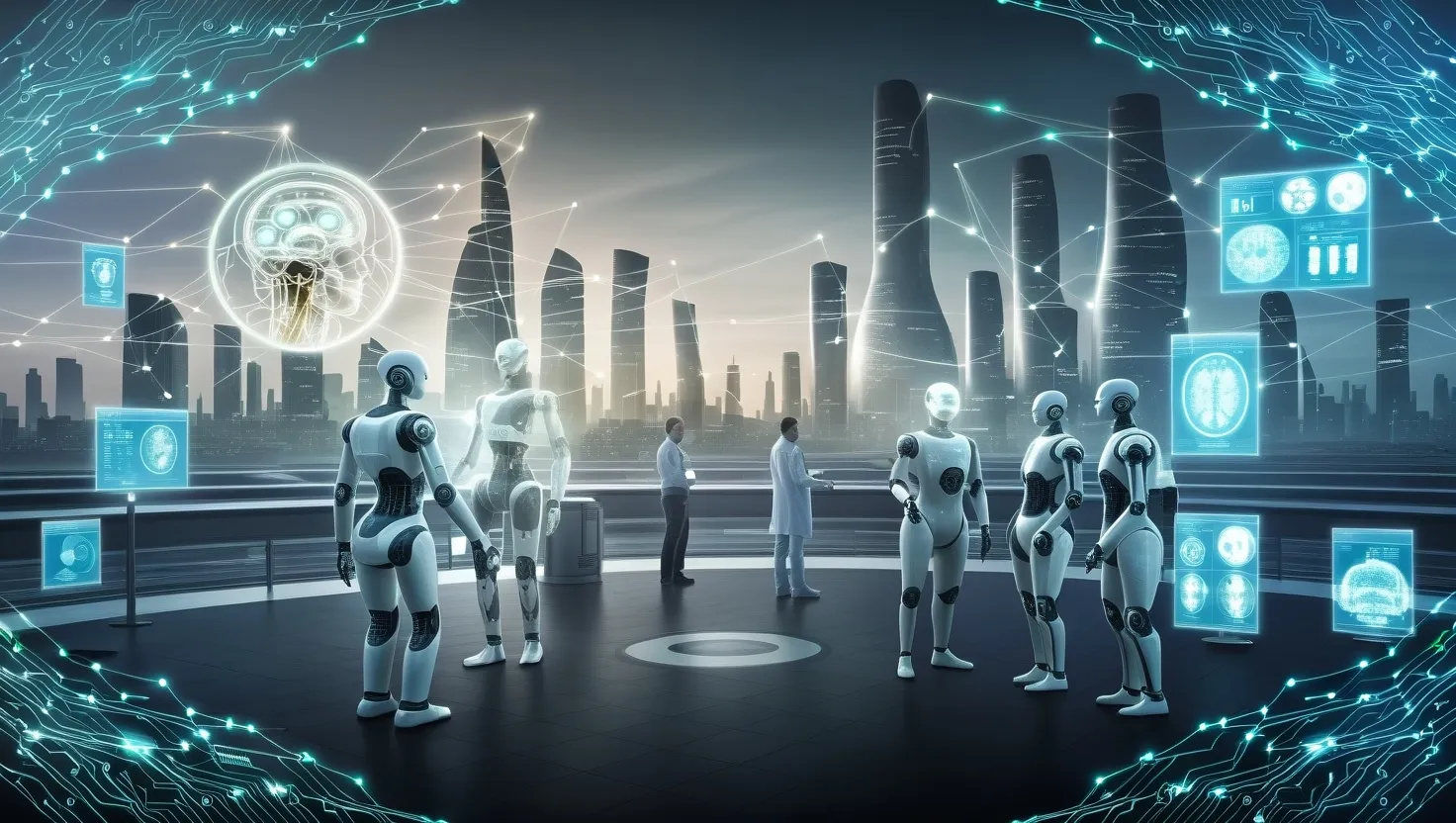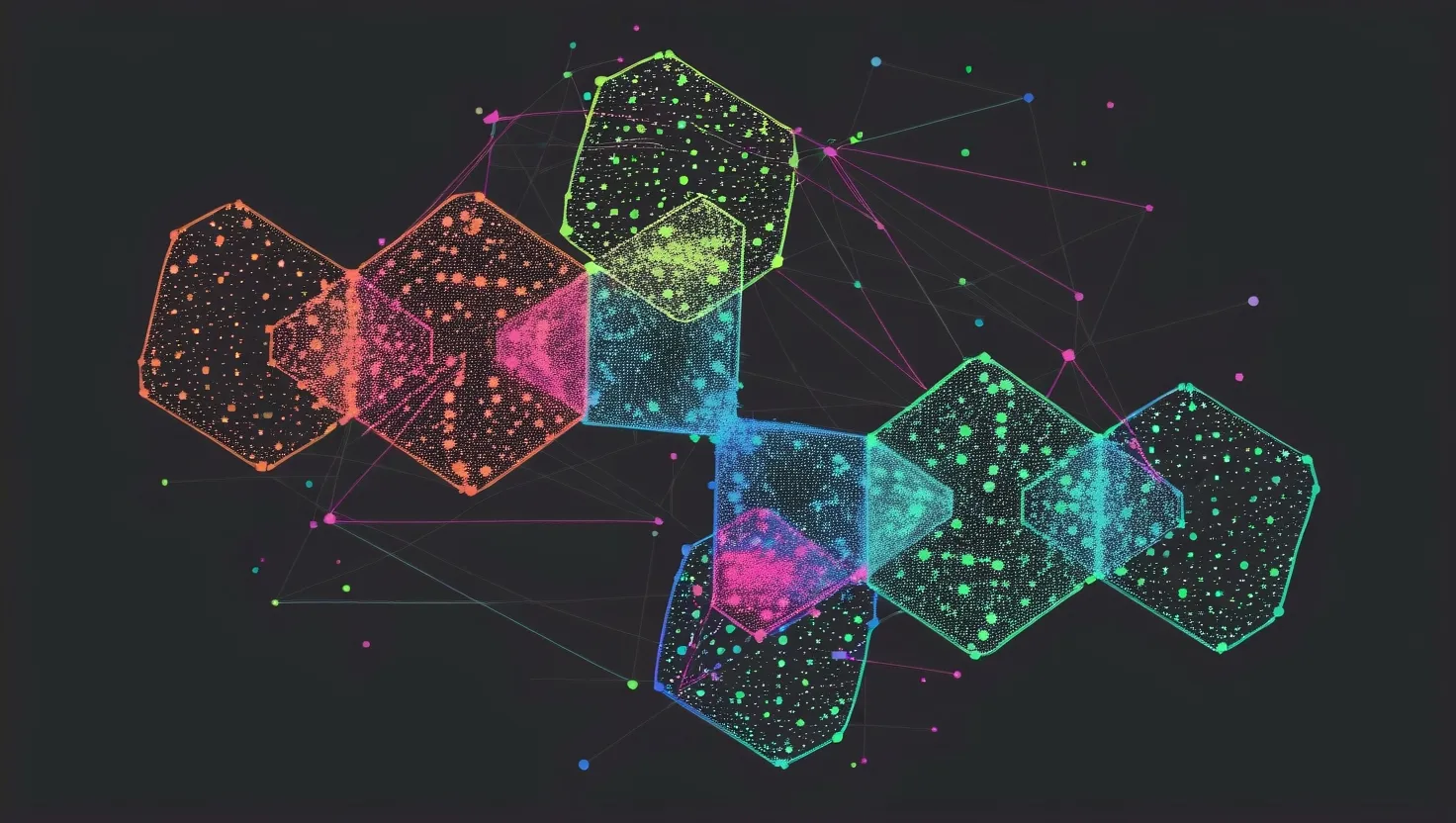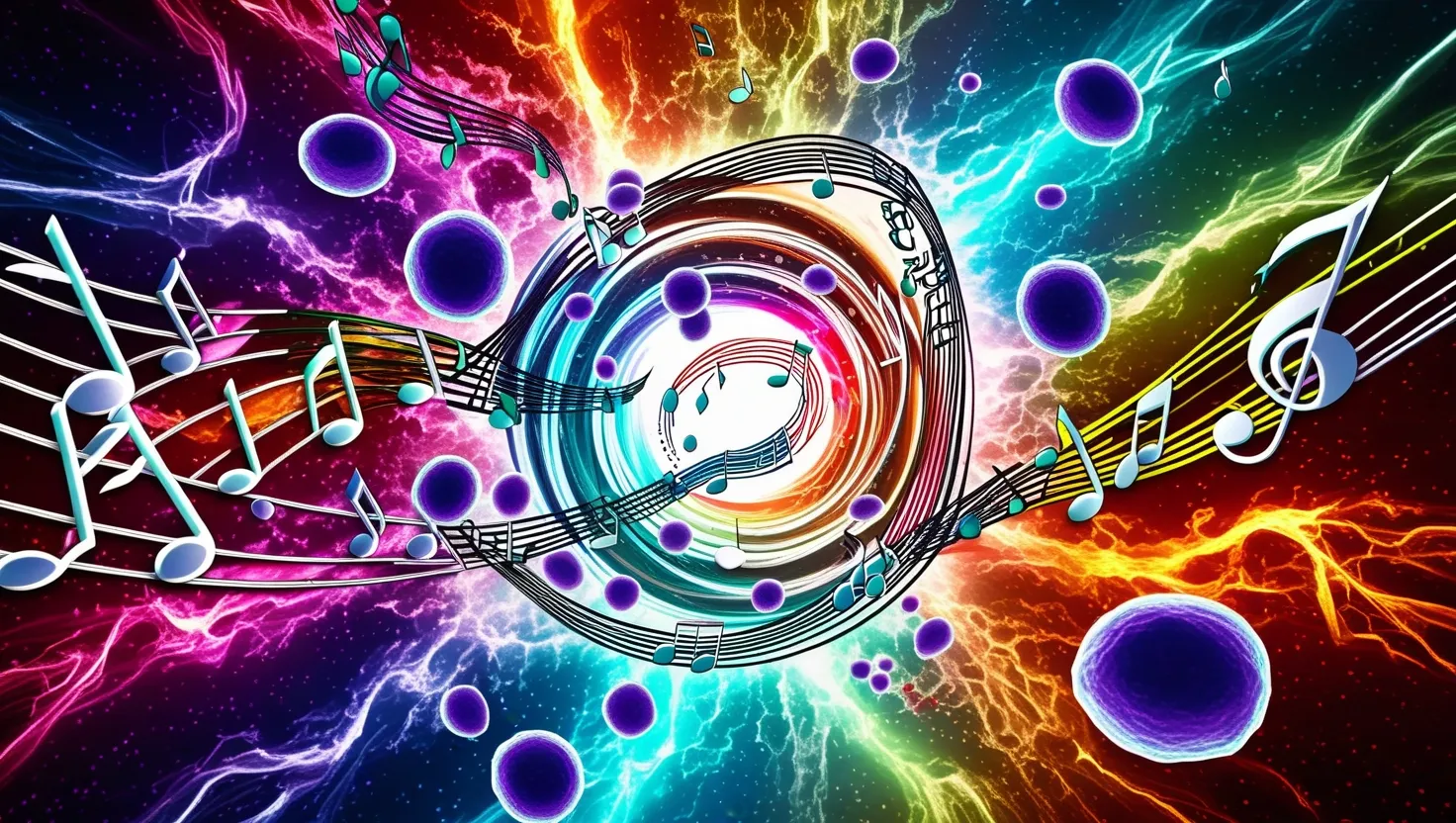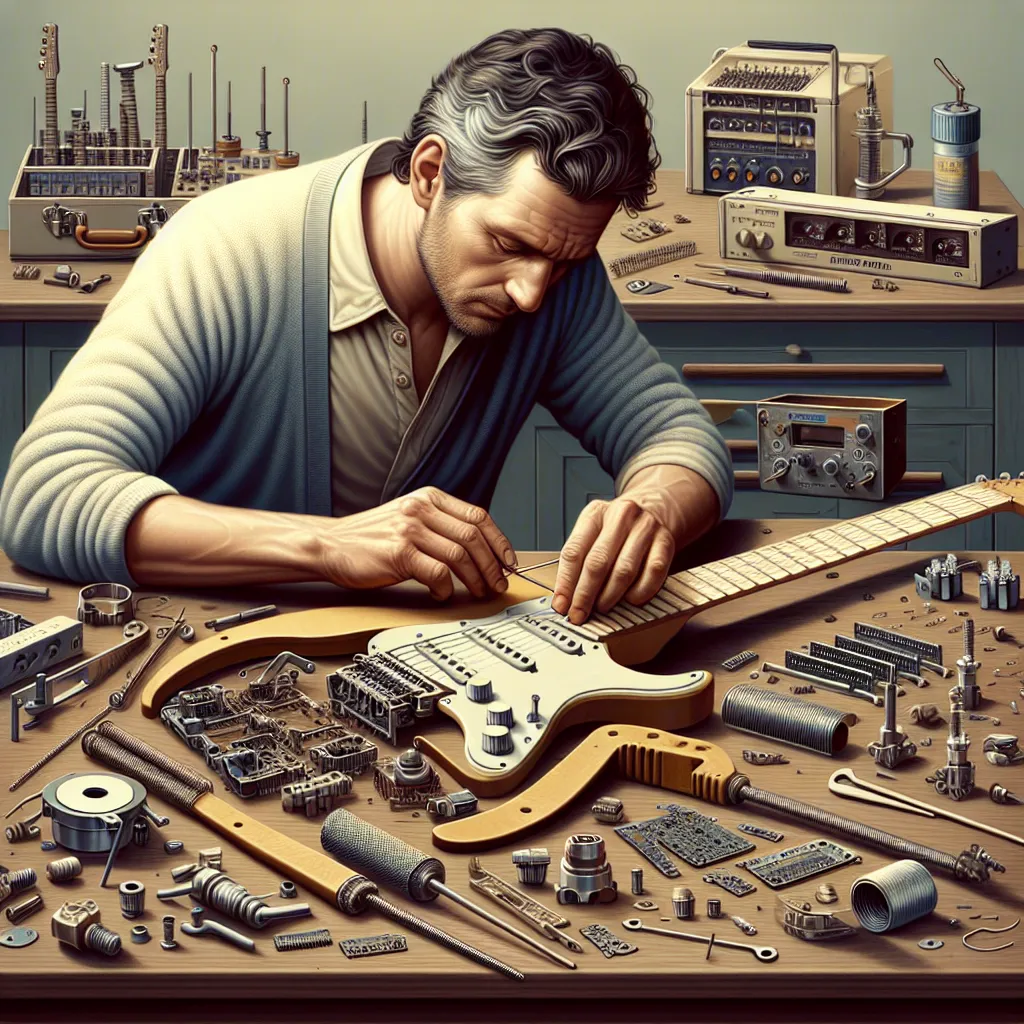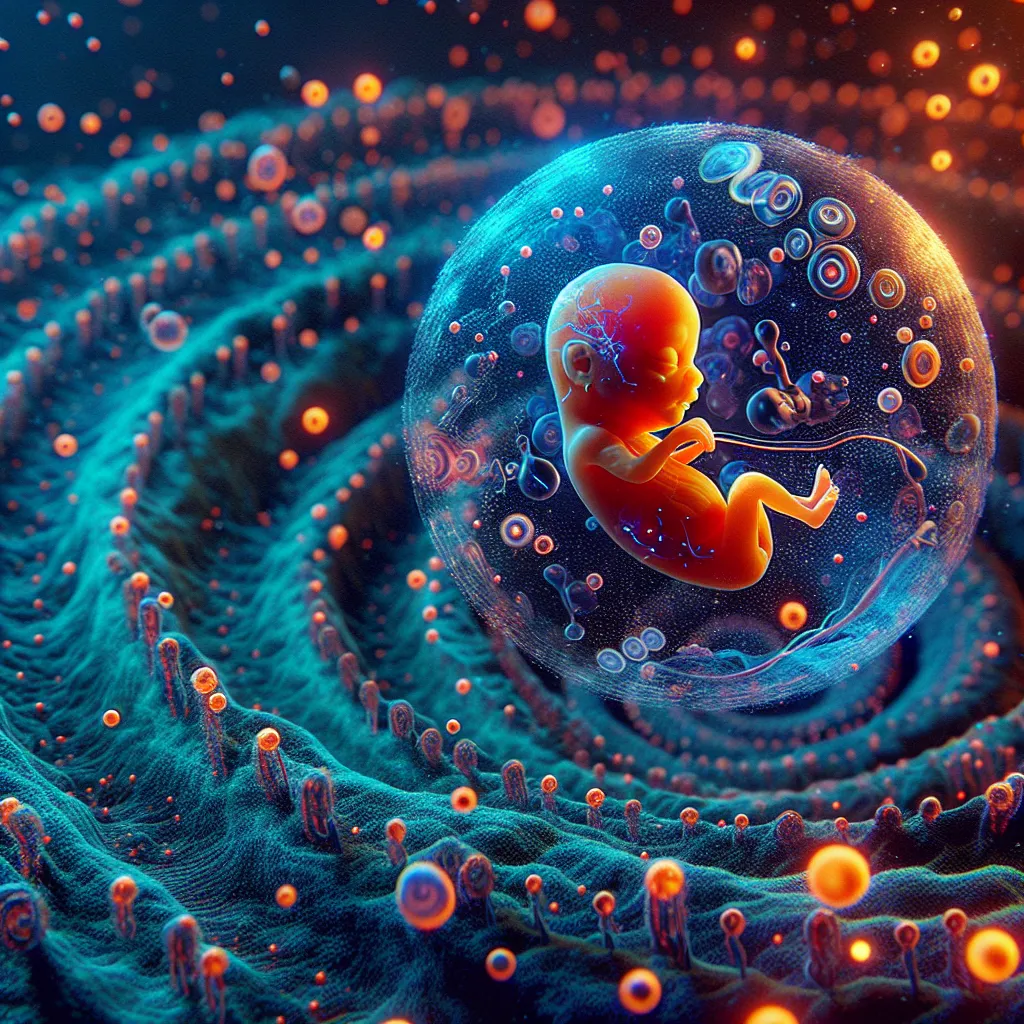Have you ever wondered why you might have an unexplained phobia or a talent that seems to run in your family, even though you can’t quite pinpoint where it came from? A fascinating theory known as the Quantum Cellular Memory Theory suggests that our cells could be storing memories from our ancestors, and this idea is more intriguing than you might think.
The Brain and Beyond
For a long time, scientists believed that memories were exclusively stored in the brain. Dr. Wilder Penfield’s groundbreaking work in the 1940s, where he electrically stimulated different areas of his patients’ brains, showed that specific memories could be elicited from these stimulations. However, this traditional view is being challenged by a newer concept: cellular memories.
Cellular memories propose that memories and even personality traits are not just confined to the brain but could also be stored in other organs and cells throughout the body. One of the most compelling examples of this comes from organ transplant recipients. Claire Sylvia, a woman who received a heart and lung transplant from an 18-year-old boy, began experiencing cravings for foods she had never liked before, such as beer and burgers. It turned out that her donor had a strong affinity for these foods, suggesting that some form of memory or preference was transferred through the transplant.
Another striking case involves an 8-year-old girl who received a heart transplant from a 10-year-old girl who had been murdered. The recipient began having vivid nightmares about a man trying to kill her, which eventually led the police to the killer. These cases, while anecdotal, raise significant questions about where and how memories are stored.
Quantum Effects and Cellular Memory
The idea that cells can store memories takes an even more intriguing turn when we consider quantum effects. Quantum theory, typically applied to physics, is now being explored in the context of cognition and memory. Researchers like James M. Yearsley and Emmanuel M. Pothos suggest that quantum probability theory can explain how memories change over time. According to this view, memories are not fixed entities but are created and altered by the act of remembering itself.
Imagine your memories as particles in a quantum system, where observing or recalling them changes their state. This is similar to the uncertainty principle in physics, where measuring one variable affects another. In the context of memory, this means that each time you recall a memory, you are essentially reconstructing it, which can lead to changes in how you remember it in the future.
Cellular Mechanisms
But how do cells actually store these memories? Research suggests that small chemical tags, such as methyl groups, can be added to or removed from DNA histones or other proteins within cells. These tags can alter the accessibility of genes to enzymes, effectively changing how genes are expressed. This mechanism could be a way in which cells remember past experiences.
For instance, experiments with slime molds and other single-celled organisms have shown that these cells can learn and remember certain stimuli. In one study, slime molds could distinguish between different tones and adjust their behavior accordingly. This learning and memory system could be present in all life forms, from single-celled organisms to complex mammals, suggesting a universal mechanism for memory storage.
The Psychosomatic Network
The concept of a psychosomatic network, proposed by researchers like Candace Pert, suggests that memories are not just stored in the brain but are distributed throughout the body. Neuropeptides found in all body tissues can act as cellular receptors, allowing thoughts or memories to be stored and retrieved from various parts of the body. This network extends from internal organs to the surface of the skin, implying a holistic approach to memory storage.
Inherited Traumas and Talents
If cells can indeed store memories, it raises the possibility that these memories could be passed down through generations. This could explain why some people experience inherited traumas or unexplained phobias. For example, studies have shown that descendants of Holocaust survivors may exhibit stress responses similar to those of their ancestors, even if they have no conscious memory of the events.
Similarly, talents and skills that seem to run in families might not just be due to genetic predisposition but could also be influenced by cellular memories. Imagine that your great-grandfather was a skilled musician, and through some quantum mechanism, his cells retained the memory of his musical experiences. When you inherit his genetic material, you might also inherit these cellular memories, making it easier for you to learn music.
Tapping into Cellular Memory
The idea that our bodies are secret time capsules carrying the wisdom and experiences of countless generations is both captivating and daunting. If we could tap into this cellular memory, what forgotten knowledge or skills might we uncover? It’s a prospect that blurs the lines between science and mysticism, suggesting that our bodies are more than just physical vessels; they are repositories of ancestral experiences.
However, this theory is still largely speculative and requires more research to be substantiated. Scientists are just beginning to explore the intersection of quantum physics and cellular biology, and the implications are vast. If proven, this theory could revolutionize our understanding of inheritance, identity, and the very nature of memory itself.
The Future of Memory Research
As researchers continue to delve into the mysteries of cellular memory, they are faced with complex questions about the nature of consciousness and the human experience. The study of quantum effects in cellular biology is an emerging field, and it holds the promise of uncovering new ways in which information is stored and transmitted within living organisms.
For now, the Quantum Cellular Memory Theory remains a fascinating hypothesis that challenges our traditional views of memory and inheritance. Whether or not it is proven, it invites us to consider the profound interconnectedness of our bodies and the experiences of our ancestors, suggesting that we are all part of a larger, living history.
In this journey to understand how our cells might be harboring memories from our past, we are not just exploring a scientific theory; we are questioning the very essence of who we are and how we are connected to those who came before us. As we continue to uncover the secrets of cellular memory, we may find that our bodies are indeed walking archives of human history, carrying the wisdom and experiences of countless generations.
